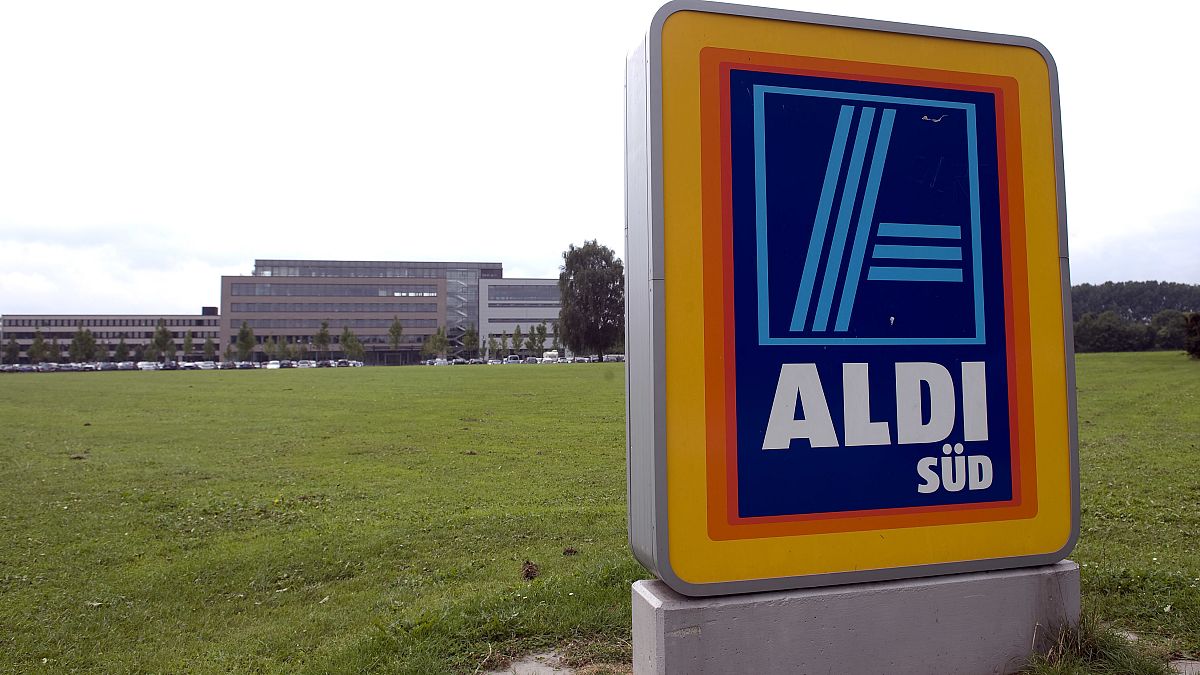Aldi Süd, a German supermarket chain serving southern Germany, has been found to have breached EU consumer law by providing fake discounts on common groceries like bananas. The supermarket was accused of raising prices only to lower them again and then claiming to offer a “shock price” reduction in its promotional materials. However, the EU Court of Justice ruled that traders are not allowed to mislead consumers by increasing prices before announcing a price reduction, thus displaying false discounts.
The court specified that price reductions in the form of a percentage must be based on the lowest price applied by the trader during a period of at least 30 days prior to the price reduction. In this case, a consumer organization in Baden-Württemberg brought the matter to court based on Aldi’s claim of reducing banana prices by 23%. However, upon closer inspection, it was revealed that the price had not actually decreased compared to previous prices within the last month, violating EU regulations on price indications and unfair commercial practices.
Aldi argued that the laws only required them to show previous prices in their advertisements, rather than stipulating how the ads should be presented in detail. Nonetheless, the ruling by the EU Court of Justice made it clear that traders like Aldi Süd cannot artificially inflate prices to later offer discounts that are not genuine, ultimately deceiving consumers. The case serves as a reminder that transparency and honesty in pricing practices are essential in maintaining consumer trust and compliance with consumer protection laws.
In response to the ruling, Aldi Süd and Verbraucherzentrale Baden-Württemberg, the consumer organization that brought the case forward, did not immediately comment on the matter. It is crucial for supermarkets and retailers to abide by laws and regulations set forth by governing bodies to ensure fair competition and consumer protection in the marketplace. The case involving Aldi Süd sheds light on the need for businesses to conduct their promotional activities in an ethical and truthful manner, without resorting to deceptive pricing tactics to attract customers.
Consumers rely on accurate and transparent pricing information to make informed purchasing decisions, and false discounts can lead to a breach of trust between businesses and their customers. By upholding consumer protection laws and regulations, the EU Court of Justice sets a precedent for businesses to maintain integrity in their marketing practices and avoid misleading consumers with deceptive pricing strategies. In the competitive retail landscape, maintaining trust and credibility with consumers is paramount for long-term success and sustainability.
Moving forward, it is vital for supermarkets and retailers to prioritize truthfulness and transparency in their pricing strategies to build trust and loyalty among consumers. By adhering to consumer protection laws and regulations, businesses can foster a sense of integrity and reliability in their interactions with customers. The ruling against Aldi Süd serves as a cautionary tale for businesses to ensure that their promotional activities are conducted in a fair and honest manner, respecting the rights and interests of consumers in the marketplace. As the retail industry evolves, maintaining ethical standards and consumer trust will be key factors in driving business success and growth.











